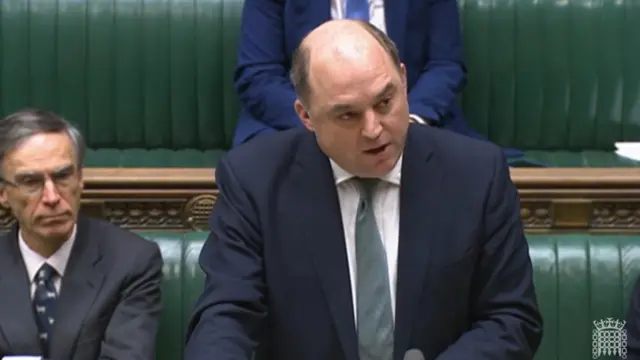British spies and SAS named in Afghan data breachpublished at 19:31 British Summer Time 17 July
 Adam Durbin
Adam Durbin
Live reporter
The controversy around the leak of information related to thousands of Afghans who worked with British forces has worsened, with the revelation that personal details of sensitive UK military personnel were also released.
We've learned today from the High Court that more than 100 British officials' details were leaked alongside Afghans nationals in February 2022, including serving and former members of the special forces and spies.
Questions are also circulating around the government's - both former Conservative and current Labour - attempts to suppress the news legally, employing until recently a super-injunction banning all reporting on the scandal.
If you'd like to read a full report on today's developments, our reporter at the High Court Joel Gunter has put together a full summary of the case here.
We've also got a piece speaking to relatives of Afghans whose names were released, who have told the BBC they fear retribution from the Taliban as a result.
For a full summary of exactly what we know so far about the evolving scandal, our explainer has you covered.
We'll be closing our live coverage here, thanks for joining us.





